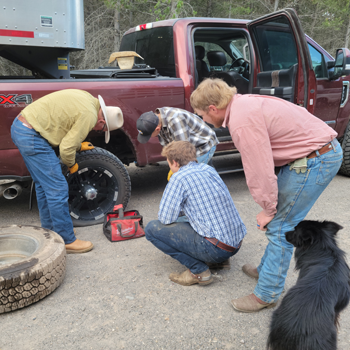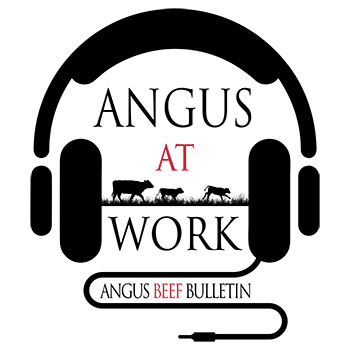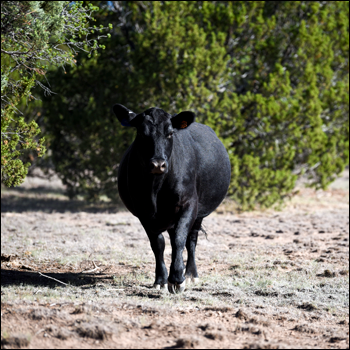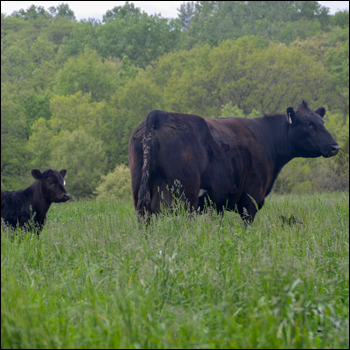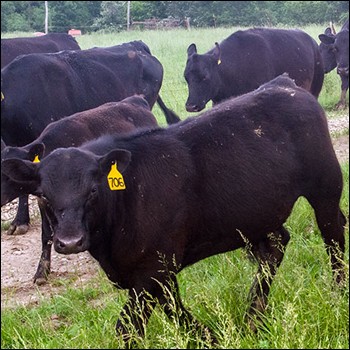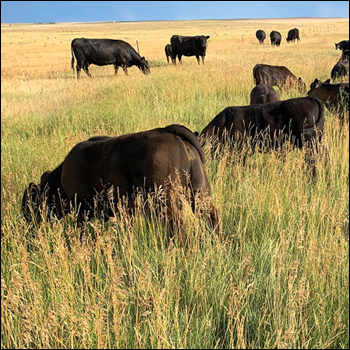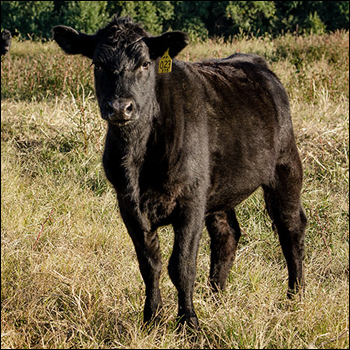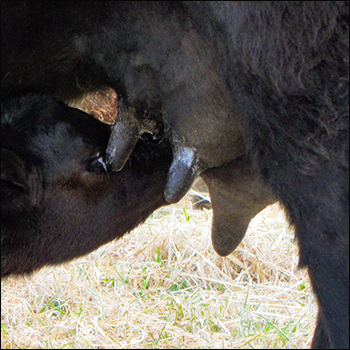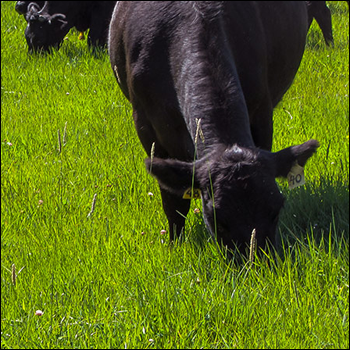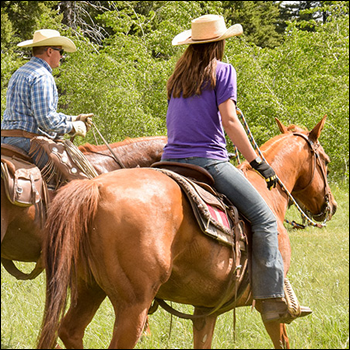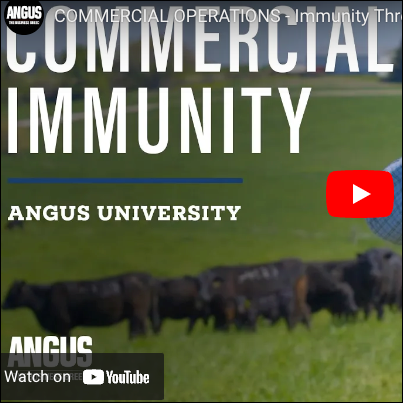Angus Proud: Mike Moss
An operation’s nontraditional start lends to creativity and conservation efforts.
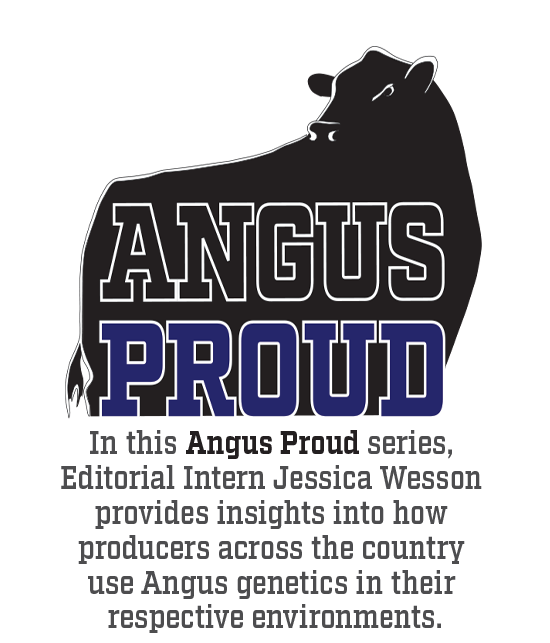
Sometimes the winding road ensures the road lasts longer. Michael Moss is the owner of Windy Hill Farms LLC, in North Carolina. The purebred registered Angus cattle operation spans more than 500 acres and sells females and bulls. Moss is not originally from the state he now calls home. His story begins farther south.
“I was born in Mississippi on a beef cattle, cotton and corn farm,” Moss says.
After graduating high school, Moss says, he pursued higher education and followed his career to other states and countries.
“I got my Ph.D. in plant pathology, and I worked for the University of Florida for three years,” Moss says. “Then I went to industry, where I began working for a company that’s now called Syngenta. At the time, I had a global assignment, so we were living in London.”
Moss realized his children did not have a true connection to agriculture, and that inspired him to make a change, he explained.
“Syngenta asked us to come back to the United States, so we settled in North Carolina,” Moss says. “I knew I wanted a small farm, so we bought 93 acres when we left London.”
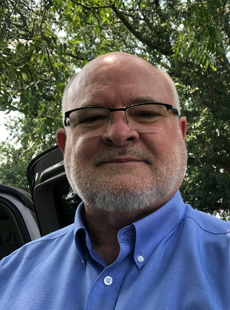
Mike Moss is drawn to Angus because of the Association’s efforts to support breeders and commercial cattlemen across the country. [Photo courtesy Windy Hill Farm LLC] |
The property came with challenges, Moss says. “It was tired and rundown, because the previous owner was elderly. Fences were tired, gates were held up with barbed wire and leather belts, and the barns were falling in.”
Despite the less-than-desirable conditions of the new farm, he says, his family tackled it head-on and added to their farm.
“We fixed it up, and over the years we bought some parcels that were adjoining us,” Moss says.
After acquiring several hundred acres of land and growing his herd, the farm became large enough to support others in his family.
“My son started working full-time here about two and a half years ago, and it takes a lot for the operation to support my family,” Moss says.
Windy Hill Farms LLC cares about their environment and land as much as they do their cattle, says Moss.
“We have started doing conservation programs,” he shares. “We do things like putting in waterers and fencing out streams and waterways.”
The North Carolina region is covered in Kentucky 31 (KY 31) fescue, which is a tough and hardy grass, but it causes a problem for cattlemen like Moss.
“KY 31 was planted here because it’s highly tolerant to drought, but it’s negative because the endophyte has some toxic properties that cause difficulties with cattle, especially in high heat conditions,” Moss says. “It’s really hard on the reproductive organs, so we try to interseed that with other types of forages.”
Other challenges Moss faces include high temperatures, respiratory diseases, fly control, labor shortages and marketing. He notes, however, that his region is prime for growing cattle, since they get adequate rainfall throughout the year.
Moss says his roots with Angus run deep.
“We had Angus when I was growing up, and I showed Angus,” Moss says. “I’ve always had a love for them.”
He also represented the breed.
“I remember being a Junior Angus Association member back in the late ’60s and ’70s, and I would send off for the prints of the mama cows with their calves and bulls,” Moss says.
Currently, Moss is drawn to the breed because of the Association’s efforts to support breeders and commercial cattlemen across the country.
“It’s just the effort from a marketing standpoint that the Association puts forth,” Moss says. “And they underpin that with data. I think the Association has done a great job with genomics and trying to correlate that with phenotype.”
One thing that all Angus cattlemen have in common, whether seedstock or commercial producers, is they are proud to be part of this breed.
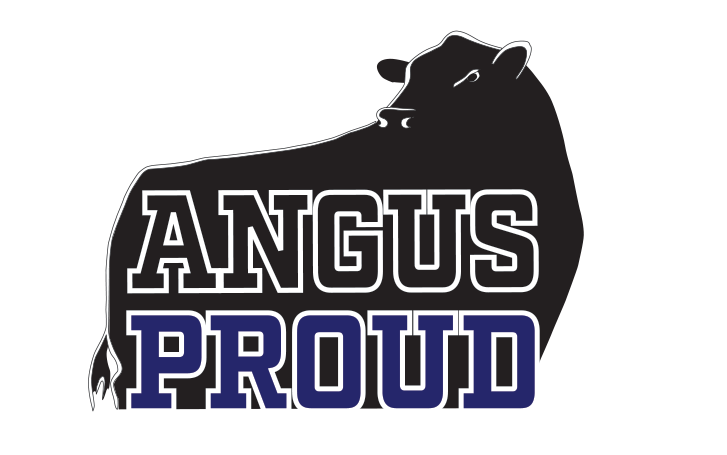
Angus Proud
In this Angus Proud series, Editorial Intern Jessica Wesson provides insights into how producers across the country use Angus genetics in their respective environments.
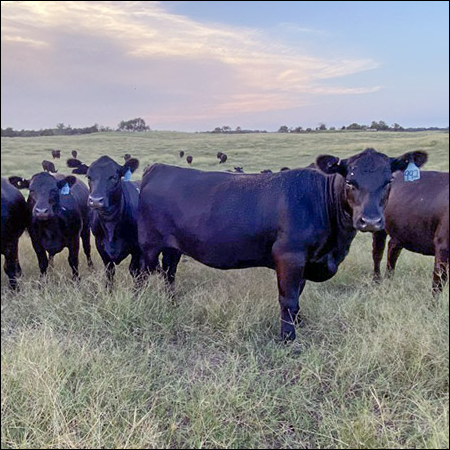 Angus Proud: Scott Sproul
Angus Proud: Scott Sproul
Oklahoma operation learned wisdom of moving calving season to better suit their marketing needs.
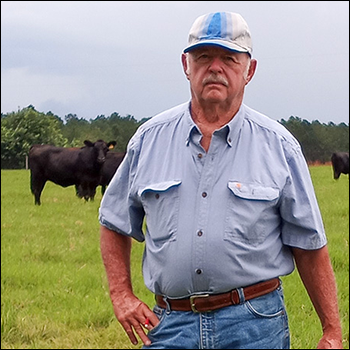 Angus Proud: Bubba Crosby
Angus Proud: Bubba Crosby
Fall-calving Georgia herd uses quality and co-ops to market calves.
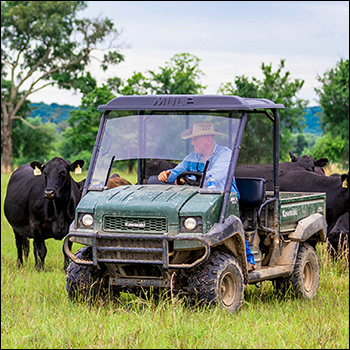 Angus Proud: Jim Moore
Angus Proud: Jim Moore
Arkansas operation retains ownership through feeding and values carcass data.
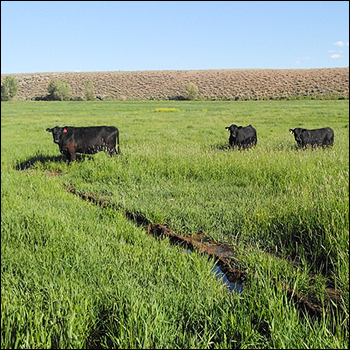 Angus Proud: Stephen Shiner
Angus Proud: Stephen Shiner
Idaho operation rotates pastures in summer and raises crops for winter.
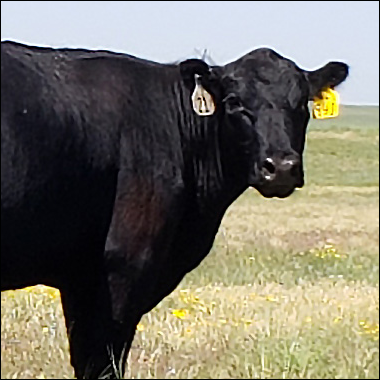 Angus Proud: Brian Nusbaum
Angus Proud: Brian Nusbaum
Angus cattle fit cattleman’s marketing goals and helped him set out on his own.
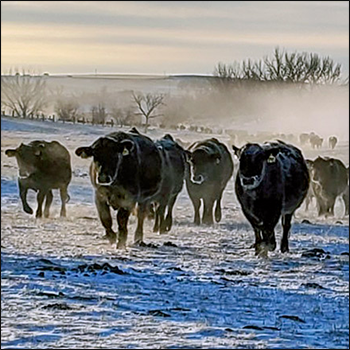 Angus Proud: Les Shaw
Angus Proud: Les Shaw
South Dakota operation manages winter with preparation and bull selection.
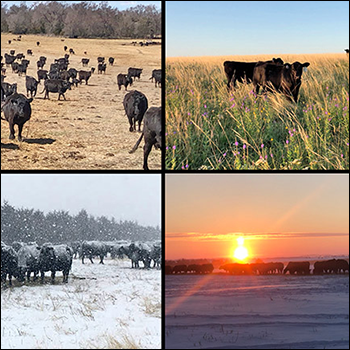 Angus Proud: Jeremy Stevens
Angus Proud: Jeremy Stevens
Nebraska operation is self-sufficient for feedstuffs despite sandy soil.
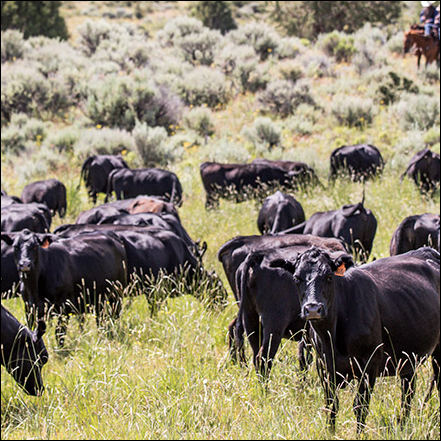 Angus Proud: Dave Rutan
Angus Proud: Dave Rutan
Angus breeder gets the most out of his bull investment by partnering with opposite calving-season operation.
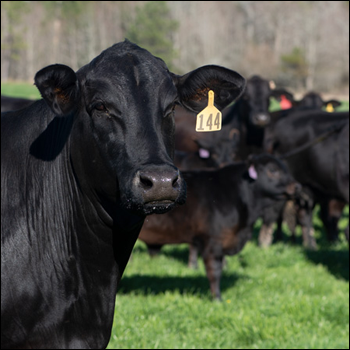 Angus Proud: Nickey Smith
Angus Proud: Nickey Smith
AngusLink helps Louisiana cattleman gain more for his calves.
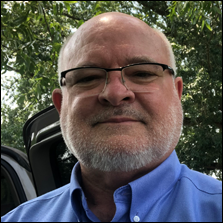 Angus Proud: Mike Moss
Angus Proud: Mike Moss
Operation’s nontraditional start lends to creativity and conservation efforts.
